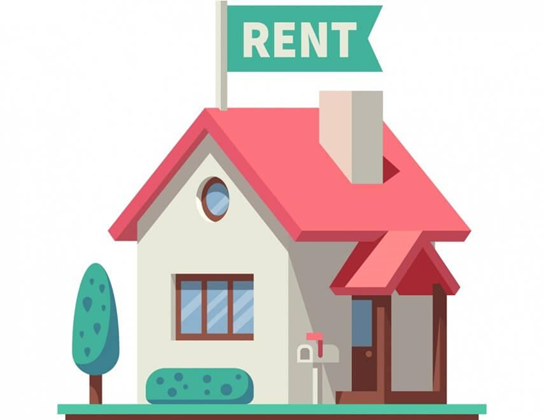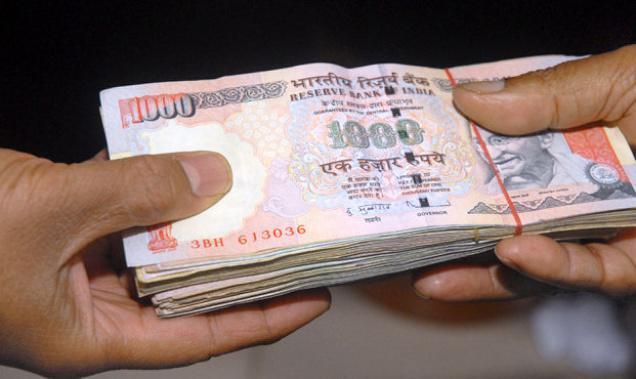Search
What’s HRA Tax Exemption? How to Claim it?
October 03, 2017
HRA, or House Rent Allowance, is given to salaried professionals living in a rented house and can be used for reducing their taxable income. Section 10 of the Income Tax allows for partial or full HRA exemption. However, if you are not living in a rented accommodation, then the HRA is fully taxable.

How to claim HRA exemption?
You can claim HRA exemption as per the following (whichever is the least):
- HRA received from the employer
- Actual rent paid minus 10% of salary
- 50% of the basic salary (if living in a metro city)
- 40% of the basic salary (if living in a non-metro city)
Since you can deduct only the least of all above from your taxable income, it’s a good idea to ask your employer to structure your salary in a way that you get the maximum benefit.
What if you don’t get HRA?
If you are not receiving HRA from your employer but living in a rented accommodation, then you can claim deduction under section 80GG. The following are the conditions for the same:
- You must be employed and earning a salary
- You must have not received HRA during the year you are claiming deduction under section 80GG in
- You or your spouse must not own any accommodation at the place you are currently residing in
You can claim tax deduction under section 80GG of an amount that’s least of the following:
- 25% of the adjusted total income
- 5,000 per month
- Actual rent minus 10% of adjusted total income
Note: Adjusted total income means your total income minus short term and long term capital gains.
If you are living with your parents, also then you can pay a rent to them to claim tax benefits. However, you have to sign a rental agreement with them and transfer the rent to them every month on the record.



